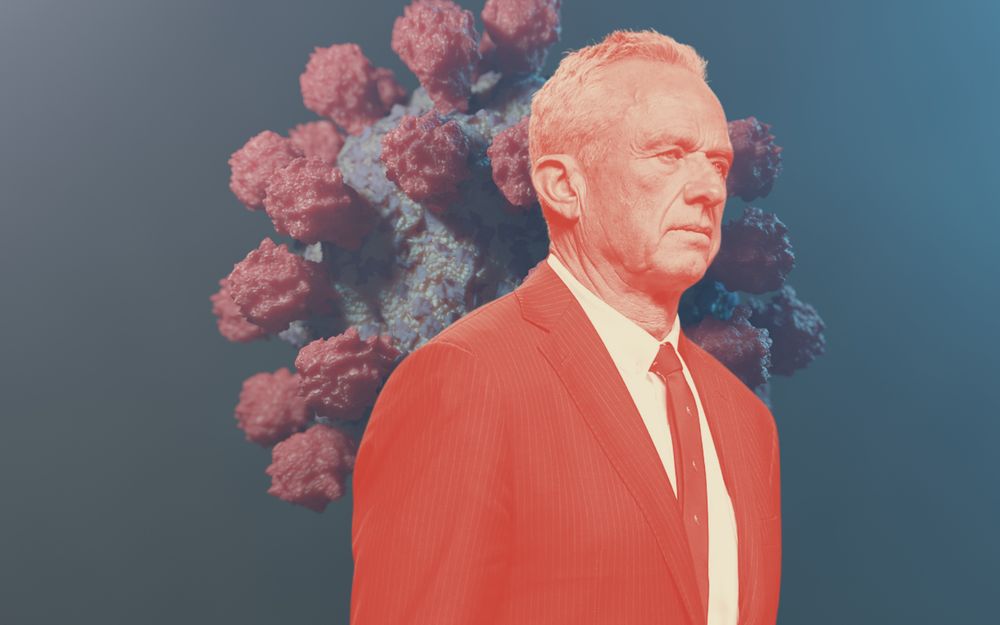Trial By Error: Propaganda Cosplaying as Twitter “Research” from Canadian GET/CBT Campaigners
By David Tuller, DrPH
McMaster University, in Hamilton, Ontario, seems to be Canada’s Ground Zero for psychosomatic theorizing. In March, 2021, a psychiatrist-in-training, Jeremy Devine, published an opinion in _The Wall Street Journal_ titled _“The Dubious Origins of Long Covid.”_ (I wrote about it here.) Devine cited the PACE trial favorably, as if its findings were meaningful.
The animating trope of Devine’s screed amounted to this: People with extended, non-specific medical complaints after a bout of COVID-19 were experiencing psychogenic symptoms and/or had a mental illness. He delivered this categorical message without nuance, caution or caveats. “Long Covid is largely an invention of vocal patient activist groups,” he declared.
Devine’s article presaged a series of further questionable efforts emanating from McMaster. Last fall, _The BMJ_ published a problematic paper, spearheaded by investigators from McMaster, called _“Interventions for the management of long covid (post-covid condition): living systematic review.”_ (I wrote about this piece of crap here and here.) Paul Garner, the British infectious disease expert who has boasted ad infinitim that he cured himself of Long Covid with his manly cognitions, joined the group as a co-author. His participation almost always ensures that some of the arguments advanced will be unfounded and ridiculous.
Also last fall, a McMaster-based group called Canadian Guidelines for Post COVID-19 Condition (CAN-PCC) released a set of draft recommendations said to be for preventing, diagnosing, and treating Long Covid. The treatment recommendations included exercise and cognitive behavior therapy, which understandably raised concerns among advocates for both Long Covid and ME/CFS patients (I wrote about the issue here; my friend and colleague Brian Hughes, a psychology professor at the University of Galway, blogged about it here.)
Now McMaster is at it again. A research team from the university has recently published a study called _“_ _Impact of the COVID-19 Pandemic and the 2021 National Institute for Health and Care Excellence Guidelines on Public Perspectives Toward Myalgic Encephalomyelitis/Chronic Fatigue Syndrome: Thematic and Sentiment Analysis on Twitter (Rebranded as X).”_ The study, in the _Journal of Medical Internet Research_ _,”_ contains some interesting data—which the investigators promptly deploy in the campaign to promote psycho-behavioral approaches to ME/CFS and Long Covid. This is propaganda cosplaying as research.
The senior and corresponding author, Jason Busse, is a professor of anaesthesiology at McMaster. Professor Busse was also the senior author of last year’s “living review” of Long Covid interventions. He apparently gets his fingers into a lot of pies! In this paper, Professor Busse and his colleagues position their own perspective as normative—i.e. “evidence-based”–in contrast to the views of patients, which are presented as irrational, biased and oppositional.
In other words, the investigators have everything backwards.
The study includes lots of details about the range of opinions regarding ME/CFS expressed in the Twitter-verse in more than 900,000 posts from between 2010 and 2024. The text includes a lot of compelling examples of these Twitter posts. Then it includes a discussion that does not analyze or engage with the findings in a substantive way. Instead, Professor Busse and his colleagues offer an argument for why pretty much everything the tweeters were tweeting was misguided or untrue. They call for research to explore why patients keep rejecting their “evidence-based” information.
**********
**Claims that patients suffer from “intellectual conflicts of interest”**
Here’s a section from the paper’s abstract about the findings:
_“Treatment-related tweets often described frustration with ME/CFS labeled as mental illness, dismissal of concerns by health care providers, and the need to seek out “good physicians” who viewed ME/CFS as a physical disorder. Tweets on research typically praised studies of biomarkers and biomedical therapies, called for greater investment in biomedical research, and expressed frustration with studies suggesting a biopsychosocial etiology for ME/CFS or supporting management with psychotherapy or graduated activity. Tweets about the UK NICE_[National Institute for Health and Care Excellence]_guidelines expressed frustration with the 2007 version that recommended cognitive behavioral therapy and graded exercise therapy, and a prolonged campaign by advocacy organizations to influence subsequent versions. Tweets showed high acceptance of the 2021 UK NICE guidelines, which were seen to validate ME/CFS as a biomedical disease and recommended against graded exercise therapy. Tweets about COVID-19 often noted overlaps between post–COVID-19 condition and ME/CFS, including claims of a common biological pathway, and advised there was no cure for either condition.”_
Here’s the conclusion of the paper:
“ _Our findings suggest that some individuals living with ME/CFS who post on Twitter believe that GET is harmful, CBT is ineffective, and recovery is not possible. Efforts should be made to promote the dissemination of evidence-based information on Twitter and assist patients in assessing the credibility of statements made on social media. Removing hope of improvement or recovery from ME/CFS can have dire consequences for some patients.”_
None of the beliefs attributed to patients—that GET is harmful, CBT ineffective, and recovery not possible—should be considered surprising. For many patients, these beliefs arise from their own hard-earned experiences. (Recovery, while not unknown, is pretty rare, according to the available data.)
Furthermore, the notion that GET and CBT are “evidence-based” and need to be more aggressively promoted is laughable. These approaches have been promoted for decades and were long the standard-of-care, endorsed by NICE, the US Centers for Disease and Control and Prevention, and public health agencies around the world. If they had worked as advertised, the patient community would not have rejected them so thoroughly. As far as “hope of improvement or recovery,” patients need realistic information, not paternalistic versions of hope based on studies that first-year epidemiology students at Berkeley would reject as meaningless.
One particularly irritating passage regards the purported dangers of encouraging patient involvement in research:
“ _Our findings with respect to the potential influence of advocacy efforts on science are especially critical given the increasingly recognized importance of including patient partners in research. Involvement of patient partners can improve the quality and relevance of research efforts; however, participants with important intellectual conflicts of interest can compromise the research process and reduce the trustworthiness of results.”_
It goes without saying that “intellectual conflicts of interest” can “compromise” research and undermine the “trustworthiness” of any findings. But the paper cited to support that statement was focused more on conflicts of interest among medical personnel and other professionals than among patients. Moreover, it is hypocritical for Busse and his colleagues to suggest that patient advocates have “intellectual” biases without mentioning that the main PACE authors, for example, have maintained longstanding ties with disability insurance companies.
Throughout the paper, opinions are presented as if they were facts. In this paragraph, for example, the investigators cite the objections of powerful people and entities as if these constitute a slam-dunk case against the 2021 NICE guidelines for ME/CFS and the patient community’s advocacy efforts:
_“4 members of the 2021 NICE guideline development committee resigned in protest, representatives of 7 UK medical groups (including the Royal College of Physicians) signed a joint statement relaying concerns with the guideline, and more than 50 international specialists analyzed the guideline and concluded that “the consequences of this are that patients may be denied helpful treatments and therefore risk persistent ill health and disability.” At present, there are at least 2 ongoing campaigns by ME/CFS advocacy groups to have other publications they disagree with retracted: a Cochrane review that found GET was helpful for ME/CFS and a deep phenotyping study of patients with ME/CFS that found functional limitations were due to “altered effort preference.”_
These arguments are easily countered:
While 4 of the 21 members of the committee stepped down, 17—among them physicians and other professionals–did not. While some UK medical groups opposed the guidelines, others did not; in any event, these critics had multiple opportunities during the process to convince NICE, and they failed. While more than 50 international experts criticized the guidelines, more than 150 international experts took the opposite perspective in an open letter to NICE. Moreover, NICE effectively rebutted these unwarranted complaints.
Meanwhile, the two referenced studies opposed by patients—the Cochrane review and the “effort preference” paper–are fraught with methodological issues. Patient advocates have every right to point out these deficiencies. Their views are not on the fringe. Many leading scientists, physicians, and other experts around the world agree with the patient community’s cogent objections to this gusher of dodgy research—which includes the paper I’m discussing here.
















